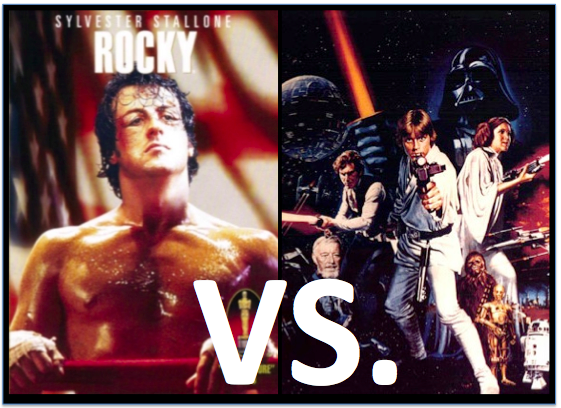
My sister is a smart lovable gal. Sometimes she is wrong and she hates it when people point this out to her. She responded to my recent Oscar predictions post with some interesting comments. She said,
I won’t remember Avatar in ten years. Hell, I can barely remember it now; I had to go re-read a review to remind myself of what the actual plot was. I left Avatar thinking “Wow, you know, that looked really cool.” But Best Picture? Really? No.
and
I should note now that my brother compares the Oscar race between Avatar and Hurt Locker to the Star Wars vs. Rocky Oscar race for Best Picture, and where he comes down on the side of Star Wars on that one, I’m firmly in the Rocky camp.
Interesting comments. But totally wrong. As an older brother, it is my duty to explain why. Here we go:
Liz, first off I can see why you’d think this way. You said you got sick from the 3D for Avatar and in your review you can’t even remember what the plot of Avatar was. Well if you were so sick and you don’t know what the movie was about, you probably shouldn’t pick it for Best Picture. But just realize that you’re in the minority and the rest of the country is quite aware of what occurred on the screen and loved it. Maybe you should to rewatch in non-3D
Now about Rocky vs. Star Wars. Have you seen the first Rocky lately? The dialogue is atrocious. Rocky’s relationship with Adrian is one of the worst written and acted relationship in cinema. It’s severely dated.
Star Wars is a different story altogether. If you don’t think Star Wars was a seminal film in cinema history, you’re retarded.
Star Wars references are so deeply embedded in popular culture that you don’t even realize it. You can’t even watch CNN now without them trying to copy many of the technological ideas that were first shown in a movie over 30 years old now (election hologram anyone?) Everyday references to the main characters and themes of Star Wars are casually made. Darth Vader has become an iconic villain. Phrases like “evil empire” and “may the force be with you” have become part of the popular lexicon in EVERY industry and culture. Do you even remember what Apollo Creed’s nickname was?
Rocky is a good movie, but Star Wars was a good movie that changed cinema forever. Almost all (or the majority) of science fiction films have been influenced by Star Wars and it basically created the modern-day blockbuster genre. How many Rocky parodies are there? Could you imagine a Spaceballs or Fanboys of Rocky? No, the only thing keeping the Rocky films alive are Sly Stone’s attempt to remake the original time and time again.
I could go on and on about how Star Wars impacted both society and film but i think you get my point. It was a major game-changer. This is why i compare it to Avatar. While i don’t think Avatar will have the impact of Star Wars, i do believe it represents a large step-function in how films will be made going forward. Major dramatic films are being made in 3D. Future films will be made, realistically, without actors. Think about that. Major realistic, dramatic films without actors. That’s what Avatar has introduced.
Let me just say that in 2007, NASA launched a space shuttle carrying a pair of Rocky’s shorts into space to celebrate the 30th anniversary of the film. Wait, no, that’s a lie. They didn’t. What they DID do is launch the space shuttle with the original lightsaber on board. It was the lightsaber that was used by Luke Skywalker. After spending two weeks in orbit, they brought the lightsaber back to Earth on November 7. And you think this film, Star Wars, where they are doing event like this and making more references to over 30 years after the film was released shouldn’t win a “Best Picture” Oscar. Really Liz? Really?


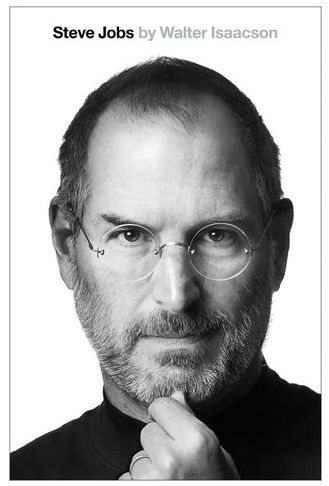


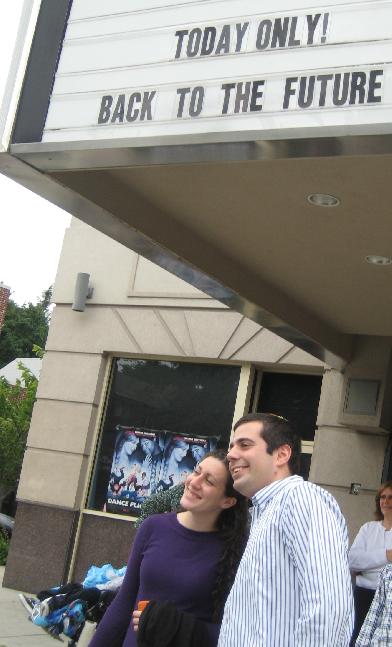


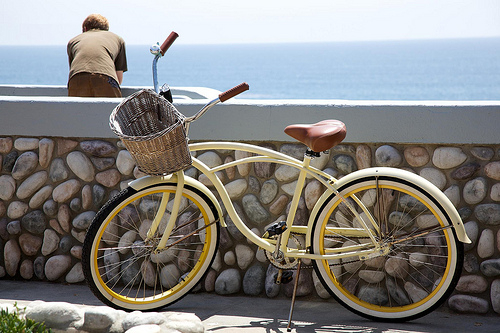
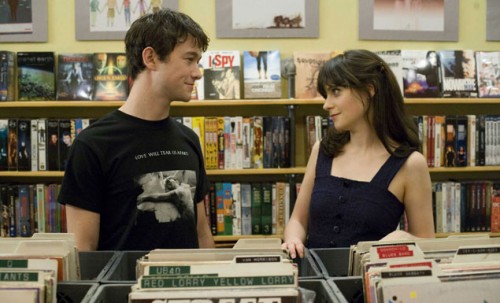
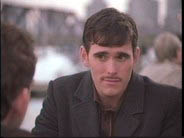
![Reblog this post [with Zemanta]](http://img.zemanta.com/reblog_c.png?x-id=d89cd640-af8b-4419-b8f5-a25ab9a64cb1)
